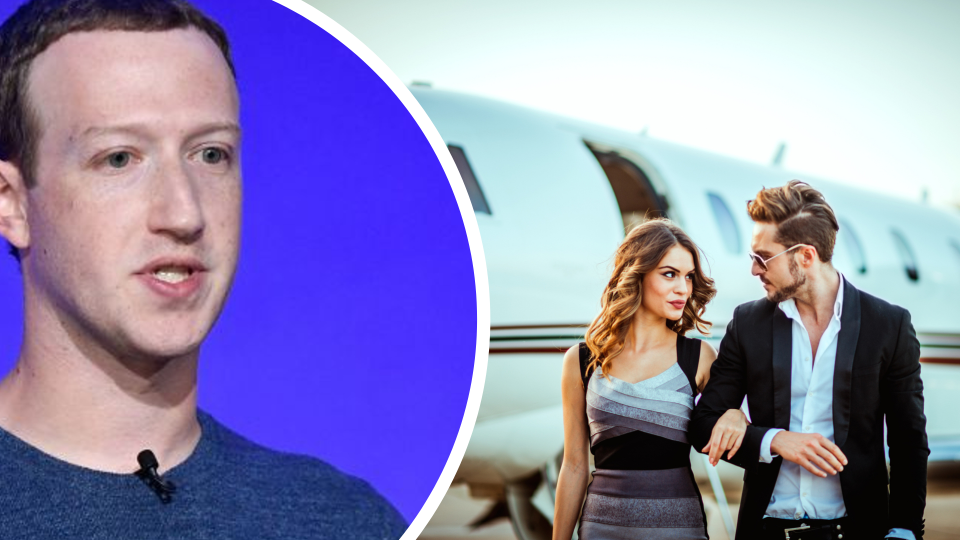‘No one deserves that much money’: Facebook founder says billionaires are ‘unfair’

Facebook founder Mark Zuckerberg has a net worth of US$67 billion, or AU$99.59 billion, but in a live Q and A with employees, he admitted that his massive wealth is “unfair”.
US senator Bernie Sanders in September said billionaires should not exist as he put forward his plans for a National Wealth Registry and tax.
Related story: Bill Gates supports tax on the rich: Here’s how much he’d lose
Related story: Million-dollar CEO takes aim at ‘avocado toast’ graduates
“This proposal does not eliminate billionaires, but it eliminates a lot of the wealth that billionaires have and I think that’s exactly what we should be doing,” Sanders told The New York Times.
Responding to Sanders’ thoughts, Zuckerberg said he agreed that “no one deserves to have that much money”.
“I think if you do something that’s good, you get rewarded but I do think some of the wealth that can be accumulated is unreasonable,” he said.
“Part of this is why my wife and I started the Chan Zuckerberg Initiative, our philanthropy, and so we’re going to give 99 per cent of our Facebook shares through that over our lifetime.”
But, he continued, some would say that there are problems with that – decisions about which scientific projects and philanthropic ventures get funding shouldn’t be in the hands of individuals.
“I don’t know how to answer that exactly. At some level it’s not fair but it may be optimal,” Zuckerberg said.
Leaving large piles of wealth in the hands of individuals may be unfair, but it’s “better than the alternative” where the government has 100 per cent of the decision-making power.
He said progress comes through different approaches to problem-solving, and that requires different players – not just the government.
Related story: How dyslexia became key to Richard Branson’s success
Related story: Jeff Bezos’ three-question test for new Amazon hires
“I think you want a mix of private and public on all of this. What I worry about when I hear sentiments like this is that the suggestion that this should all be done publicly would deprive the market and the world of a diversity of different attempts that can be taken,” he said.
“You can think at the same time that it’s unfair that an individual has that wealth but still think that it’s better for everyone that there is some competition of the ideas that can get pushed out there.”
Bill Gates supports a tax on wealth
Fellow billionaire and the world’s second-richest man, Bill Gates, has said he’s not against a tax on wealth, but believes there are a better ways to tackle inequality – namely, a bigger capital gains tax.
“The big fortunes, if your goal is to go after those, you have to take the capital gains tax, which is far lower [than the marginal tax rate] at like 20 per cent, and increase that,” he told CNN.
Futurist Dr Richard Hames, who predicted the Global Financial Crisis and 9/11, in an interview with Yahoo Finance also said current forms of capitalism pose a risk.
“The question we are looking at at the moment is, ‘how long can current forms of capitalism last?’.”
He said that within the next decade, “all governments will need to consider how to put a cap on individual wealth.”
Make your money work with Yahoo Finance’s daily newsletter. Sign up here and stay on top of the latest money, news and tech news.

 Yahoo Finance
Yahoo Finance 
